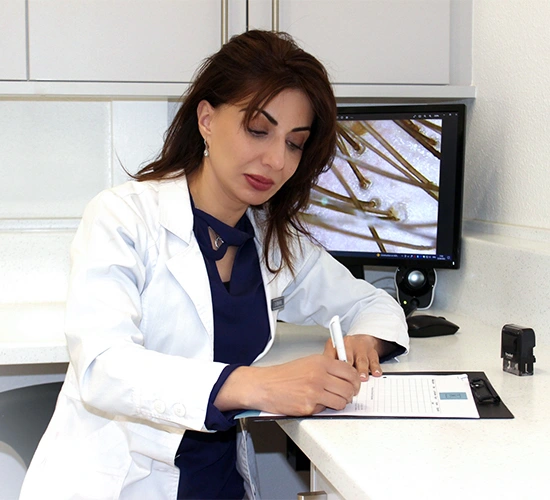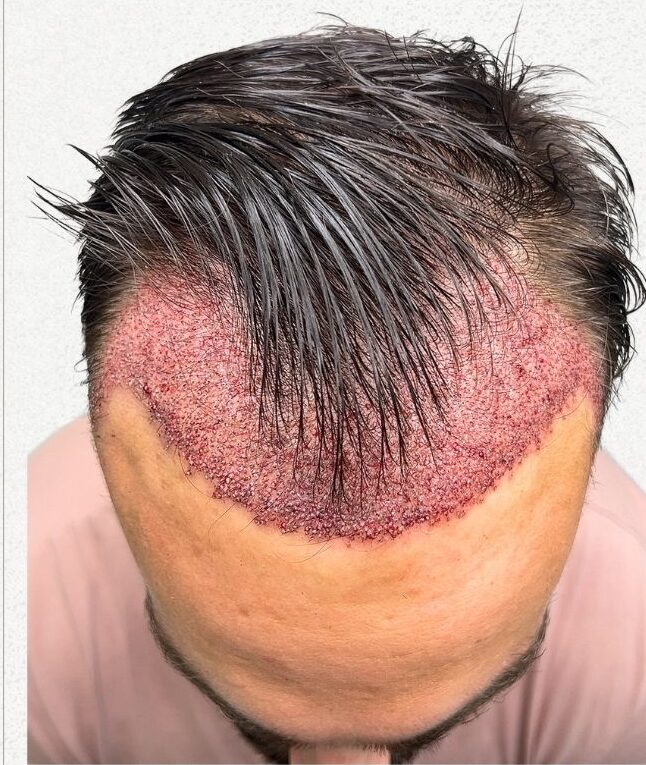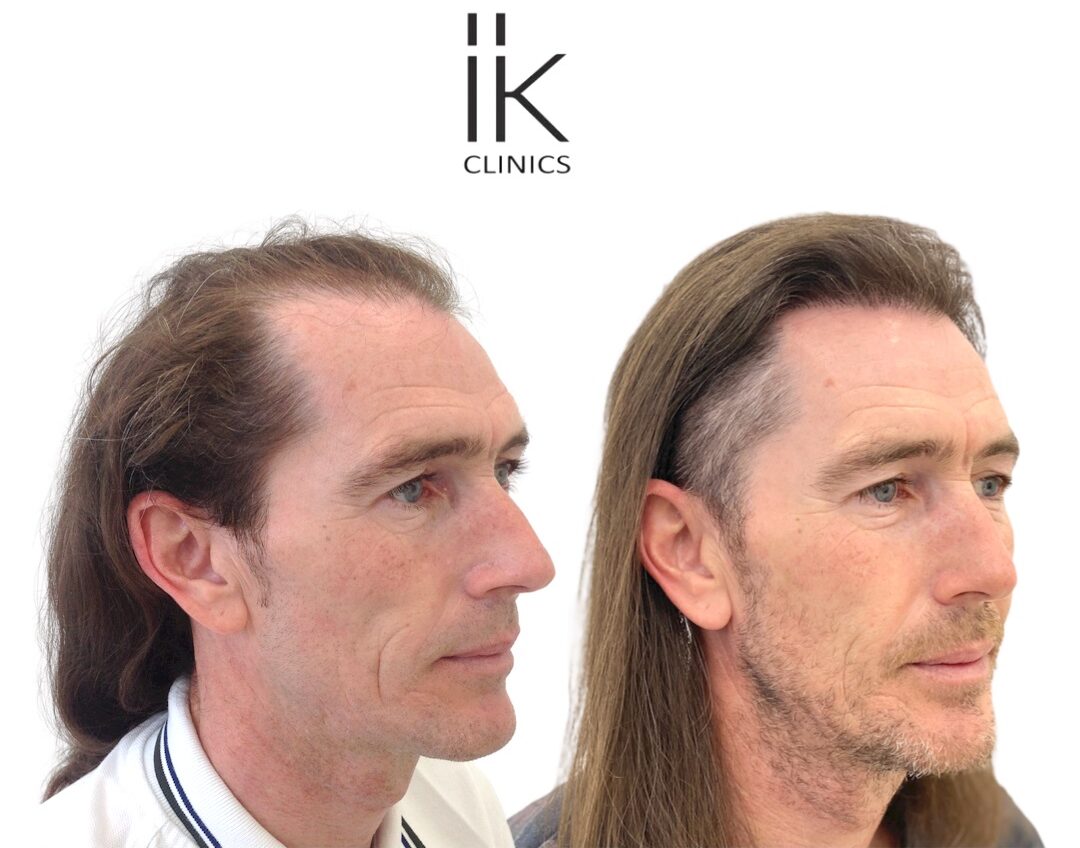If your body isn’t getting the right nutrients, it can struggle to maintain healthy hair growth, leading to shedding, thinning, or even bald spots.
But the good news? In many cases, hair loss due to vitamin deficiencies can be reversed by making small changes to your diet and lifestyle. Let’s take a closer look at which vitamins play a crucial role in hair health, how deficiencies can impact hair growth, and what you can do to restore balance.
How Vitamin Deficiencies Affect Hair Growth
Hair is a reflection of your internal health. Just like your skin and nails, your hair needs essential nutrients to grow strong and healthy.
When your body lacks certain vitamins, it prioritises vital functions such as organ health over hair growth, which means your hair follicles may not get the nourishment they need. This can lead to slower hair growth, increased shedding, and in some cases, even brittle or lifeless strands.
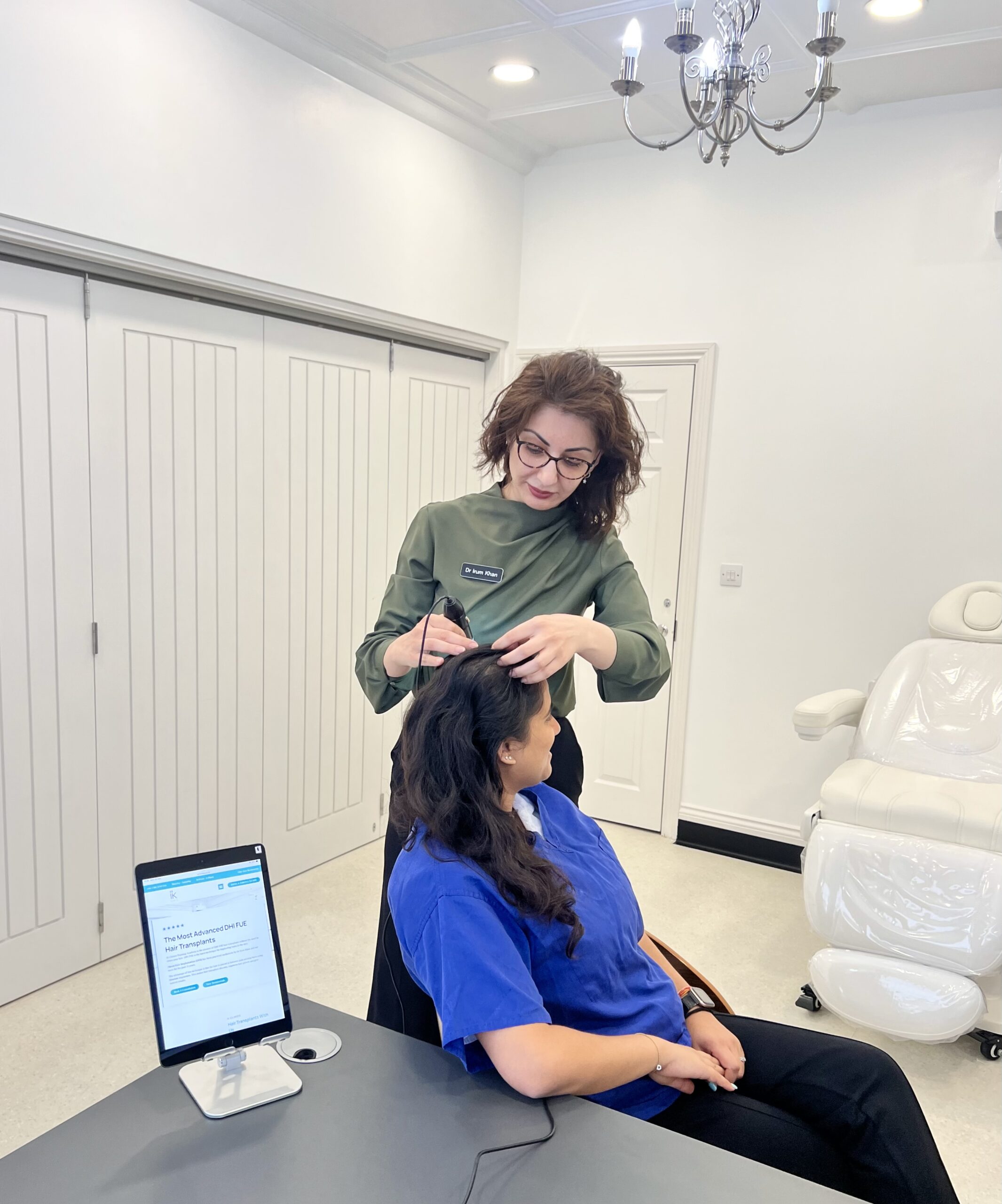
Essential Vitamins for Healthy Hair Growth
Vitamin D: The Sunshine Vitamin
Vitamin D, often called the “sunshine vitamin,” plays a crucial role in stimulating hair follicles. Low levels of Vitamin D have been linked to conditions like alopecia, which causes patchy hair loss.
Spending more time in the sun, eating foods like salmon, eggs, and fortified dairy, or taking a Vitamin D3 supplement can help restore optimal levels.
Iron: The Oxygen Carrier
Iron deficiency is another common cause of hair loss, especially in women. Iron helps red blood cells carry oxygen to hair follicles, promoting healthy growth.
When iron levels drop, hair follicles go into a ‘resting phase,’ leading to increased shedding. To maintain healthy iron levels, consider incorporating more leafy greens, red meat, lentils, and beans into your diet.
Iron supplements can also be beneficial, but it’s best to consult a doctor before starting one.
Biotin (Vitamin B7): The Keratin Booster
Biotin, also known as Vitamin B7, is frequently found in hair supplements for its role in supporting keratin production, which is essential for hair strength and elasticity.
A lack of biotin can cause brittle hair, thinning, and breakage. Foods such as eggs, nuts, and sweet potatoes are great natural sources, and biotin supplements can also be helpful if your diet lacks these nutrients.
Vitamin B12: The Oxygen Distributor
Vitamin B12 is essential for red blood cell production and helps deliver oxygen to the scalp and hair follicles. A deficiency in Vitamin B12 can lead to slower hair growth, hair thinning, and excessive shedding.
Consuming dairy products, eggs, meat, and fortified cereals can help maintain adequate B12 levels. Vegetarians and vegans may need to take a B12 supplement to compensate for dietary limitations.
Zinc: The Repair and Growth Mineral
Zinc is another vital nutrient for hair health, playing a key role in hair tissue growth and repair. It also helps keep the oil glands around the follicles functioning properly.
A zinc deficiency can lead to scalp irritation, weakened hair structure, and excessive shedding.
To increase zinc intake, consider adding pumpkin seeds, shellfish, nuts, and whole grains to your diet. Zinc supplements can be beneficial but should be taken in moderation to avoid interfering with other minerals in the body.
Vitamin A: The Scalp Moisturiser
Vitamin A contributes to the production of sebum, the natural oil that keeps the scalp moisturised. Too little Vitamin A can lead to a dry, itchy scalp, while excessive amounts can actually contribute to hair loss.
Maintaining a balanced intake through foods such as carrots, sweet potatoes, and dark leafy greens can help support scalp health without causing negative effects.
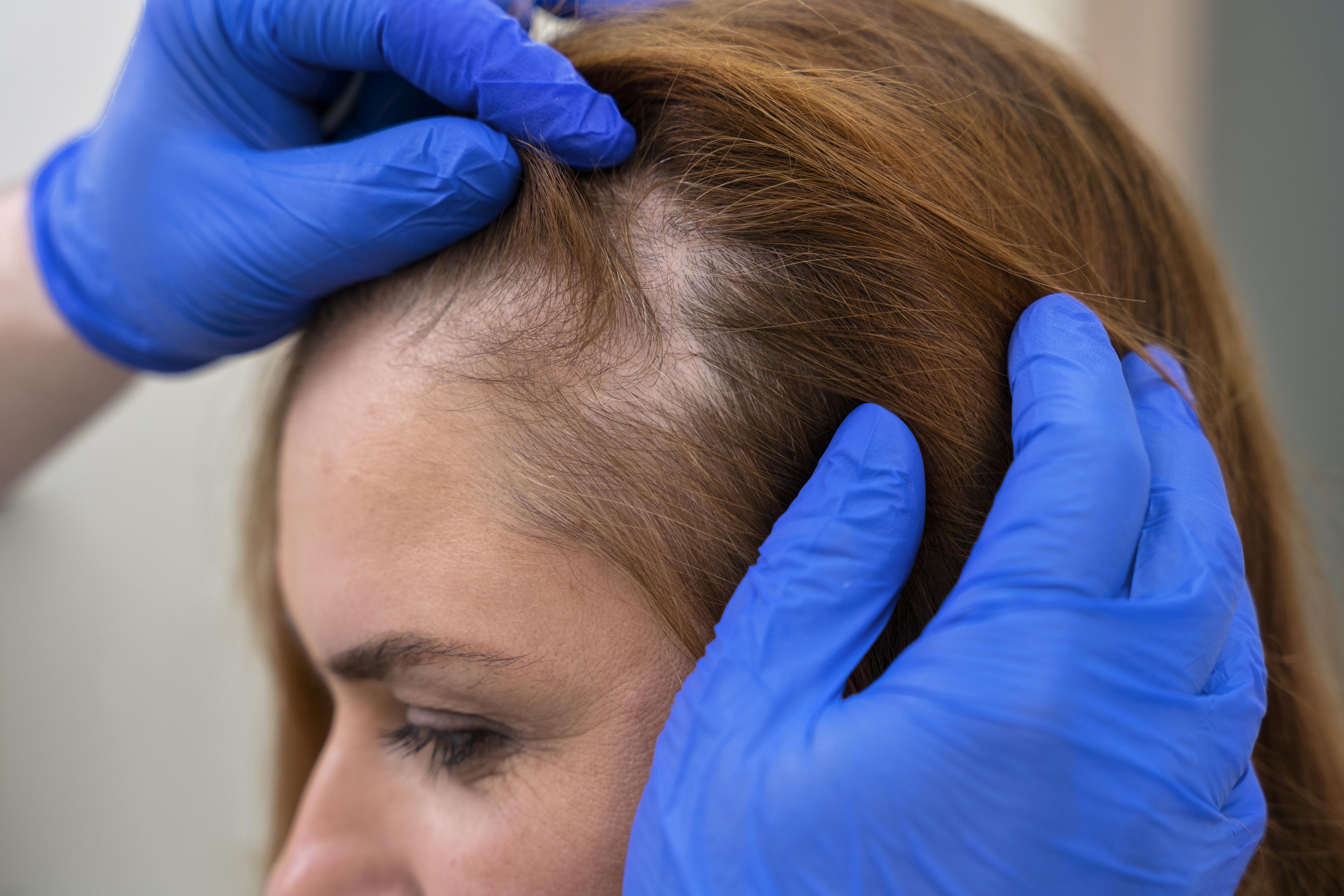
How to Prevent Hair Loss Caused by Vitamin Deficiencies
If you suspect that a vitamin deficiency is contributing to your hair loss, there are several steps you can take to improve your hair health.
Improve Your Diet
A balanced diet rich in whole foods, including lean proteins, fruits, vegetables, and healthy fats, is the best way to ensure your body gets the nutrients it needs. If dietary intake alone isn’t sufficient, high-quality multivitamins or targeted supplements like Biotin, Vitamin D, or Iron may be beneficial.
Get Blood Tests Done
For those experiencing significant hair loss, getting blood tests can help determine if a deficiency is the root cause. Addressing nutrient deficiencies early can make a significant difference in restoring hair health.
Manage Stress Levels
Managing stress is essential, as chronic stress can deplete essential nutrients in the body and worsen hair loss. Incorporating relaxation techniques such as meditation, exercise, or spending time outdoors can help reduce stress levels.
Stay Hydrated
Hydration is also crucial for maintaining scalp health and ensuring that nutrients are efficiently transported to hair follicles. Drinking plenty of water can support overall hair and skin health, helping prevent dryness and breakage.
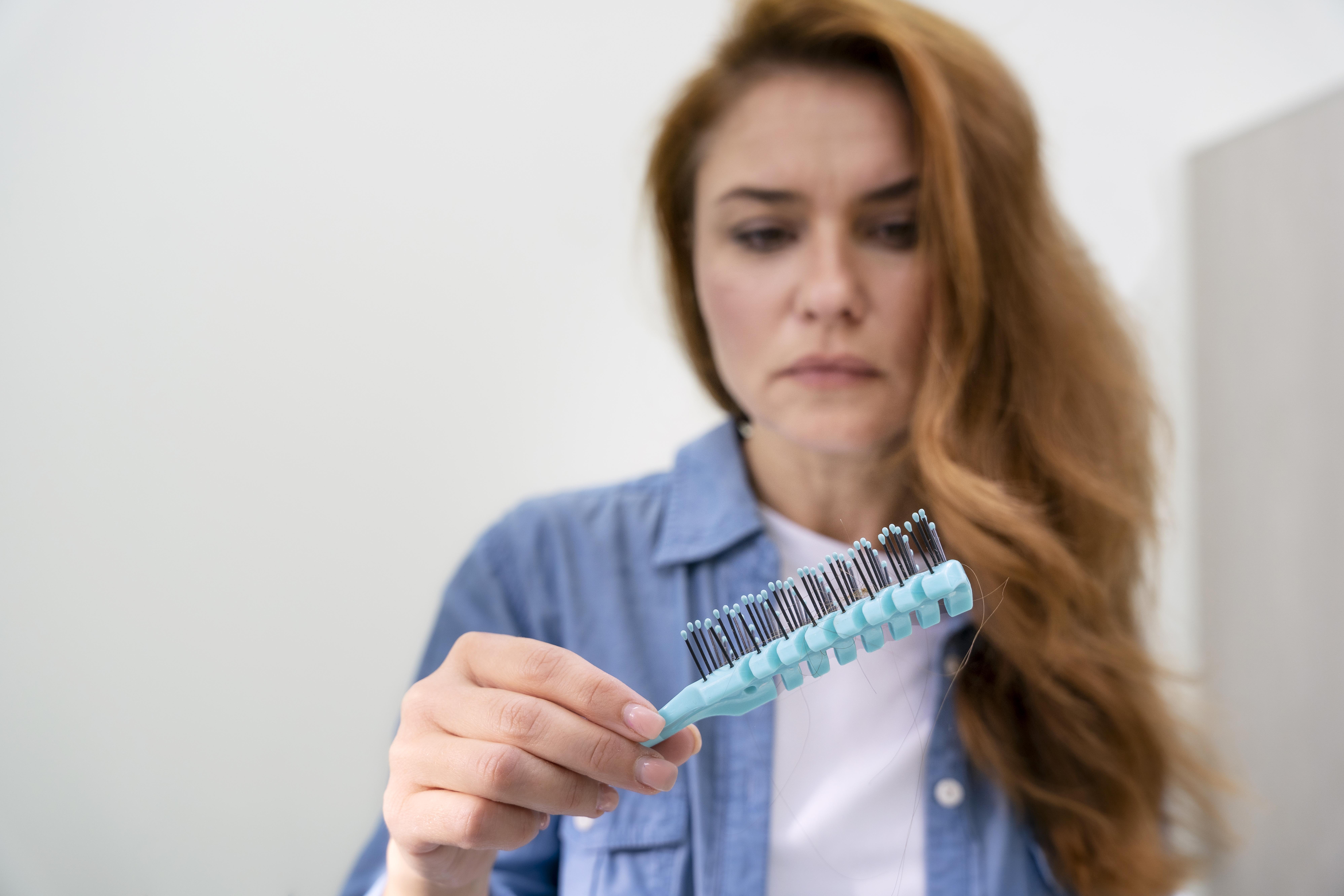
When to Seek Professional Help
If you’ve made dietary changes and tried supplements but continue to experience excessive hair loss, seeking advice from a doctor or a trichologist (a hair and scalp specialist) may be the best course of action.
In some cases, hair loss may be linked to underlying medical conditions such as thyroid issues or hormonal imbalances that require professional treatment.
Final Thoughts
Vitamin deficiencies can play a significant role in hair loss, but the good news is that they can often be corrected with the right diet, supplements, and lifestyle changes.
By ensuring your body gets the essential nutrients it needs, you can support healthy hair growth and even reverse hair thinning caused by deficiencies.
If you’re struggling with hair loss and suspect a vitamin deficiency, start by making small but impactful changes to your diet, consult a healthcare professional if needed, and be patient – healthy hair takes time to grow!
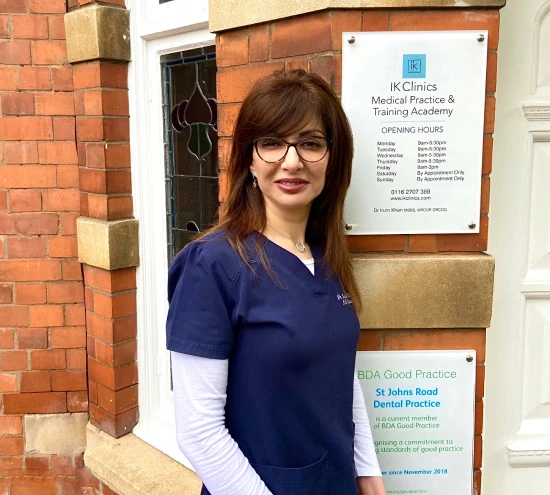
About IK Clinics
At IK Clinics, we’re not afraid to say that we’re proud to lead the way. Our expert team, advanced technology, and commitment to patient care ensure you get the best experience from start to finish.
What’s more, we offer a range of services in hair restoration, like FUE, Stem-cell and Plasma Therapy, along with various anti-aging treatments. Get in touch to find out more or book a consultation.
